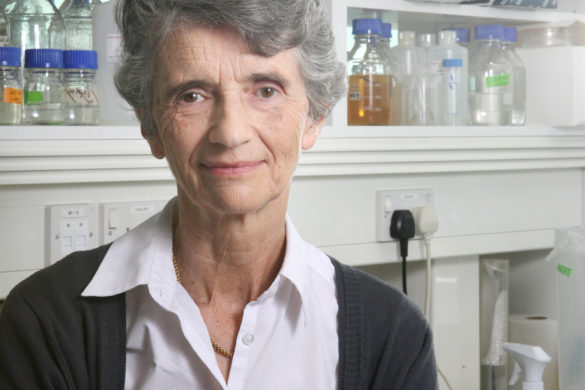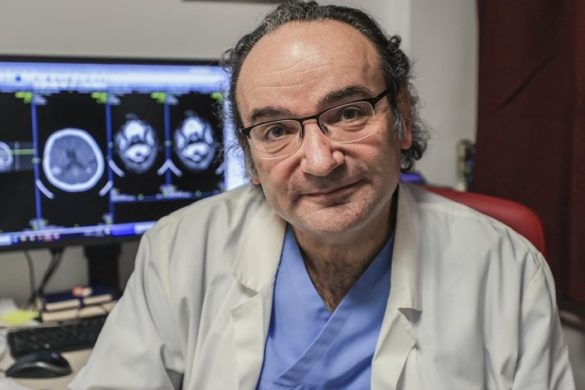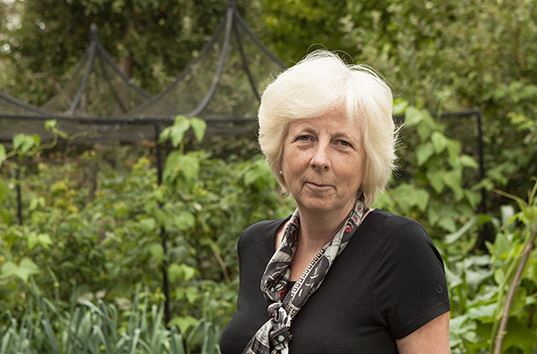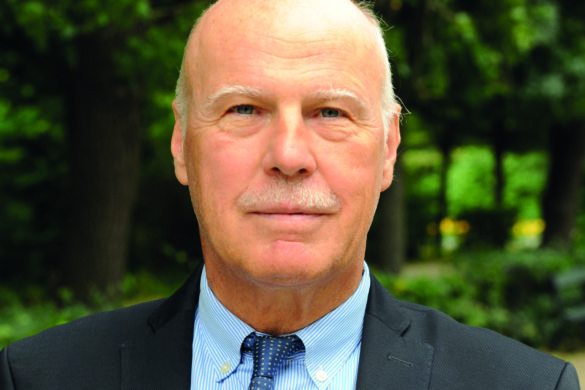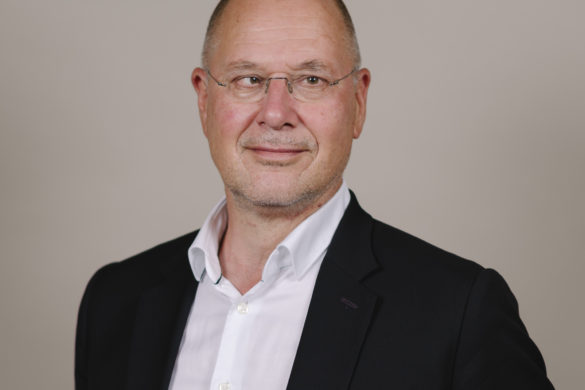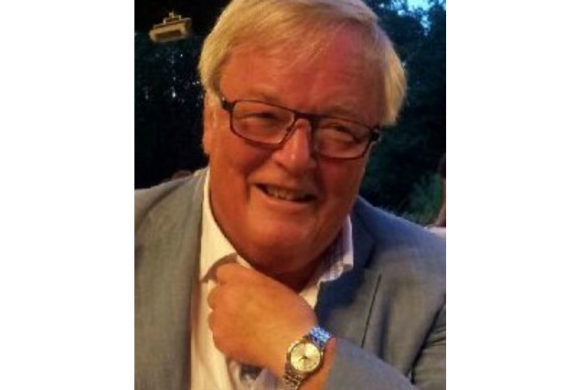As in the previous year, Neuropenews asked EAN committee members, panel chairs, speakers etc. which session one should not miss at the upcoming congress in Copenhagen 2016. Please find their answers below!
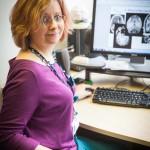 Hannah Cock, Chair EAN Education committee:
Hannah Cock, Chair EAN Education committee:
“EEG in patients with acute consciousness impairment” (case based workshop) on Saturday May 28 at 08.30 and the “highlights session” on Tuesday May 31 at 10.30
As a UK epilepsy specialist without formal EEG training, a refresher/continuing education in this area is invaluable to me, and an interactive case based workshop with leading experts the best way to learn and I hope will be great fun too; I also won’t miss the highlights and late-breaking news section – this was truly excellent last year, especially having had to miss some sessions as a result of meetings/competing events.
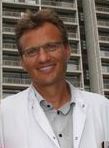 Jesper Erdal, member of the Local Organising Committee Denmark
Jesper Erdal, member of the Local Organising Committee Denmark
“Teaching Course 4: Testing for auto-antibodies in neurological disorders – Level 2” on Saturday May 28 at 14.45
Whenever we have a difficult case at our ward someone is almost always proposing “to test for autoimmune neurological diseases”.
This is due to the rapidly increasing number of auto-antibody mediated neurological diseases which make the field complex and hard to grasp.
It is not only a problem to decide which patient to test for which autoantibodies – I also have difficulties understanding the clinical relevance of the lab results in the long panel of different auto-antibodies.
I trust that this teaching course will help me out!
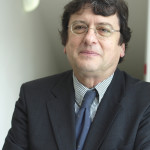 Detlef Kömpf, EAN Honorary member:
Detlef Kömpf, EAN Honorary member:
“Symposium 3: The changing landscape of coma treatment” on Saturday, May 28 at 10.30
I am looking forward and expecting new insights in coma pathophysiology, consciousness, diagnostic and therapeutical options in vegetative state
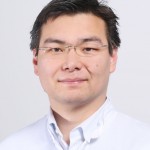 Johann Sellner, speaker at TC 4 (Testing for auto-antibodies in neurological disorders – Level 2), and member of the SP on Infectious diseases:
Johann Sellner, speaker at TC 4 (Testing for auto-antibodies in neurological disorders – Level 2), and member of the SP on Infectious diseases:
Focused workshop 7 “Stem cell therapies for the treatment of neurological diseases” on Sunday, May 29 at 8.30
The clinical translation of stem cell application is based on stem cells’ biological properties of self-renewal and their capability to give rise to differentiated cell progenies that maintain tissue homeostasis in physiological and pathological conditions. The discovery of the therapeutic potential of stem cells offers new opportunities for the treatment of incurable neurological diseases.
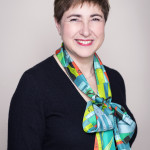 Marie Vidailhet, member of EAN Teaching Course sub-committee and speaker at Symposium 2 (Neurostimulation, what can be achieved in…):
Marie Vidailhet, member of EAN Teaching Course sub-committee and speaker at Symposium 2 (Neurostimulation, what can be achieved in…):
“Teaching course 2: MDS-ES/EAN: Abnormal movement disorders in children (diagnosis and management) – level 2” on Saturday, May 28 at 14.45
Movement disorders in children is a topic, which is rarely covered during the neurologist’s training. Bridging the gap between child neurology and adult neurology is becoming more important: i) metabolic disorders and genetic diseases are great providers of movement disorders in children and the clinical features may change over time, taking into account the development and maturation of the child, ii) the phenomenology is sometimes very different in children and adults and adults neurologist should acquire new skills to examine children and analyse the symptoms iii) some of the conditions may be benign and reversible despite the fact that they may look spectacular, and it is important to inform the parents, iv) some of the conditions may be easily treated (e.g. dopa-responsive dystonia), whereas others may acutely get worse and may represent therapeutic emergencies (dystonic storms).
Finally, the evolving spectrum of some genetic disorders (e.g. PRRT2 and paroxysmal disorders) is getting more and more complex.
In conclusion, this course is relevant both to junior and senior neurologists and may also attract doctors interesting in genetics, metabolic disorders and neuro-imaging. Moreover, the potentialities in term of pathophysiological research and therapeutics may also attract trainees and young neuroscientists.
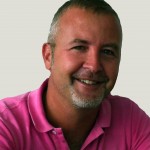 Edoardo Vincenzini, speaker at Hands-on Course 1 (Neurosonology-vascular):
Edoardo Vincenzini, speaker at Hands-on Course 1 (Neurosonology-vascular):
“Special Session 1: Music and neurology – neurological disorders of famous composers” on Saturday, May 28 at 8.30
The structure of the mind of “genious personalities” is fascinating. Several famous music composers, as well as important scientists and historical men, suffered from neurologic diseases, ranging from epilepsy to Asperger syndrome.
This session could be highly stimulating to focus on emotional aspects of cognition and neurology along with research, being also myself in the professional music world during my education.




